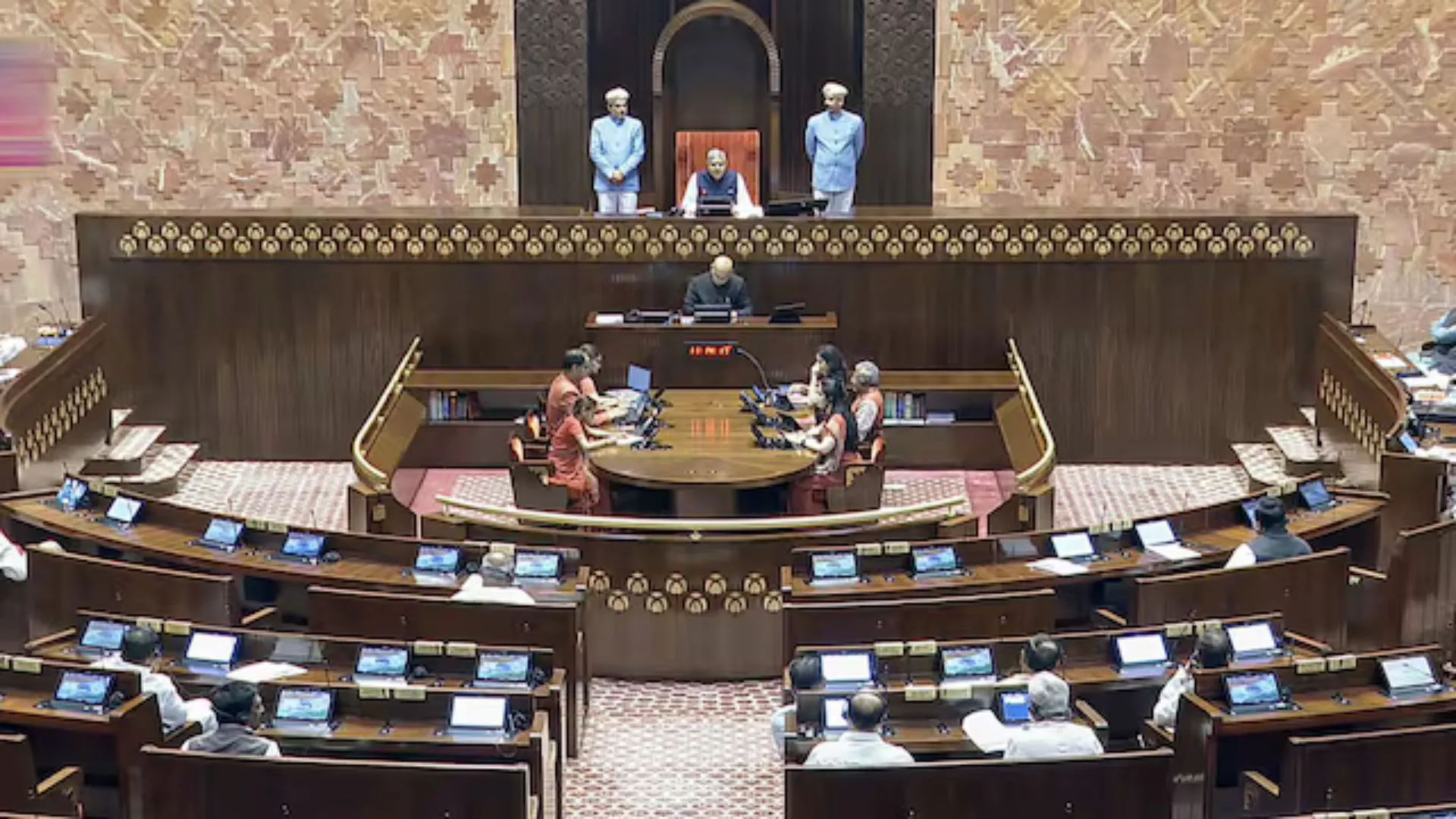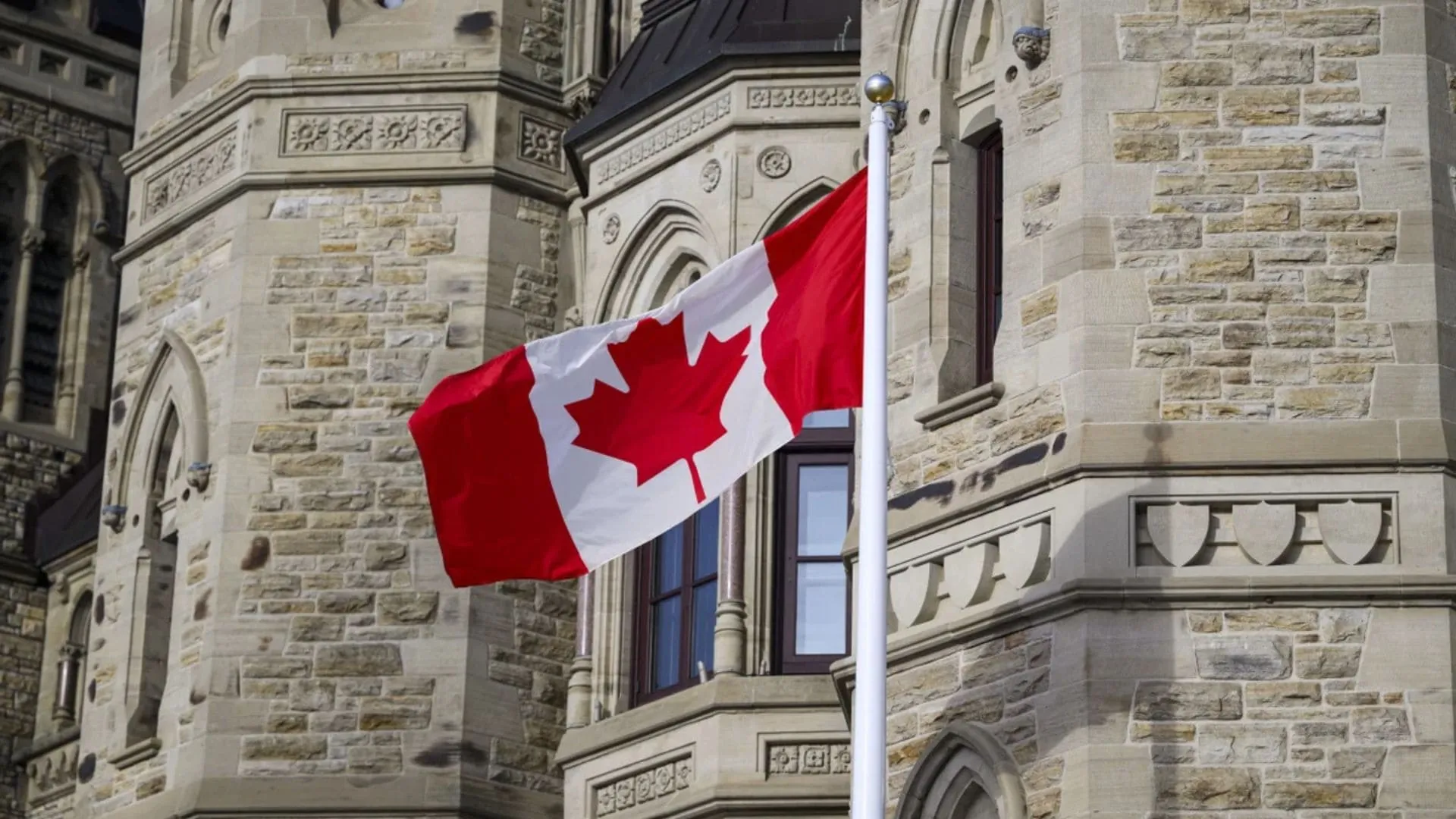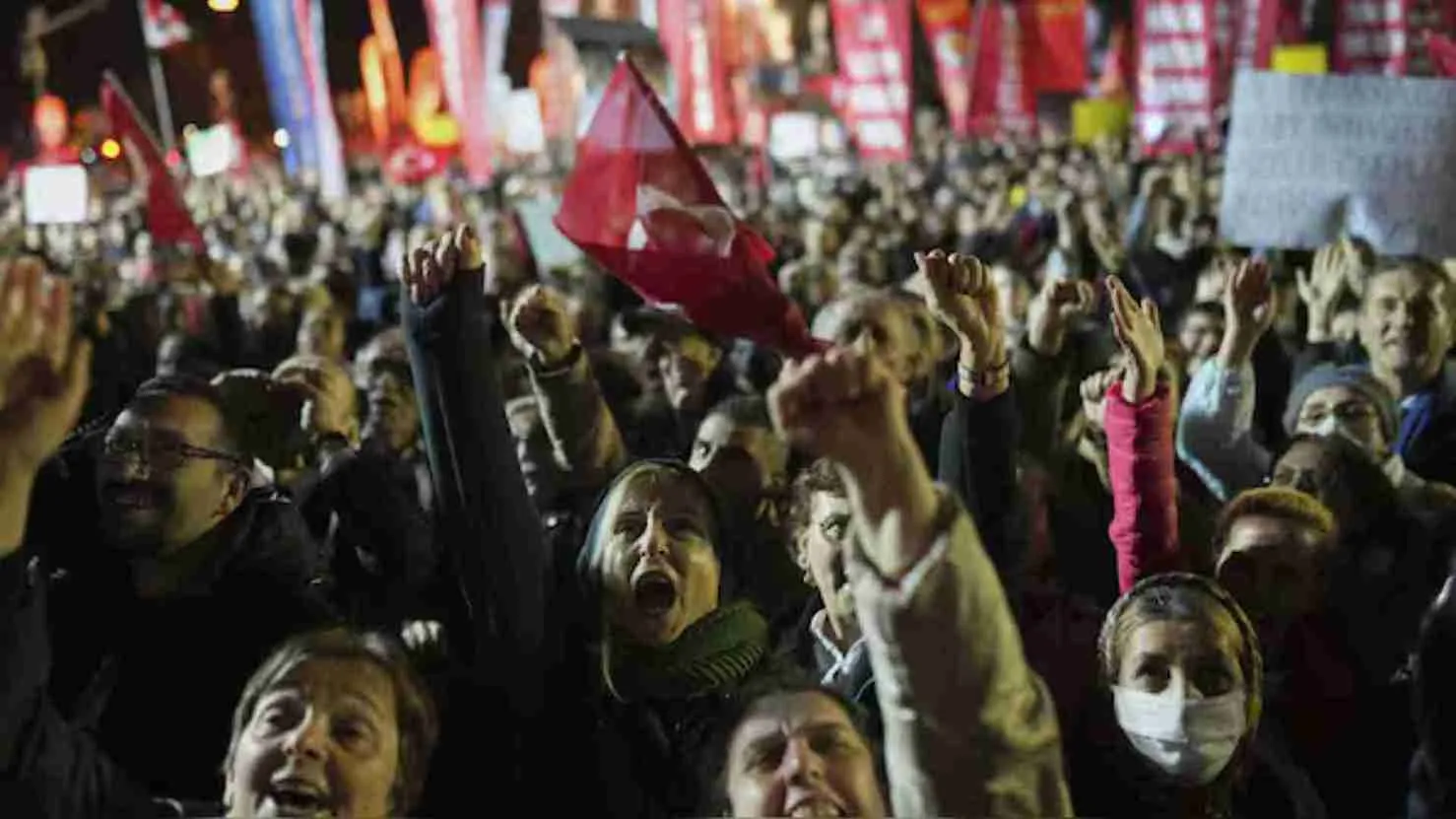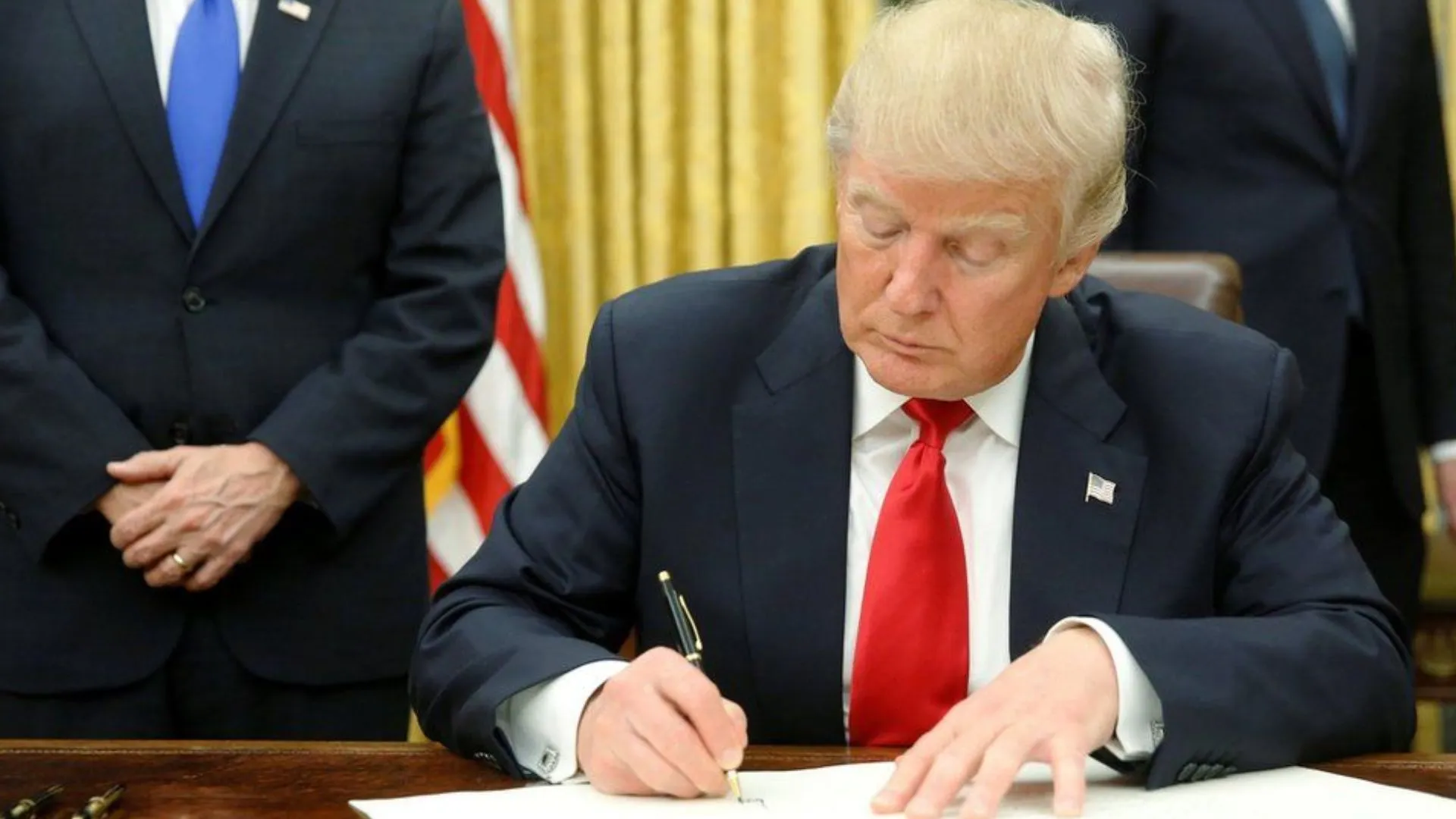The 2024 Lok Sabha elections have concluded with unexpected results, as the BJP-led NDA alliance fell short of securing a majority. The Bharatiya Janata Party (BJP) won 240 seats, significantly fewer than expected, while Congress increased its tally to 99 seats, marking a substantial gain from 2019.
Congress leader Sachin Pilot reacted to the results, stating that the BJP’s focus on religious and cultural issues was rejected by voters in key states like West Bengal, Haryana, and Rajasthan. “The issues we brought up were liked by the people… Our narrative was optimistic, BJP’s narrative was Mandir-Masjid, Hindu-Muslim, and Mangalsutra. The people may have not liked it,” Pilot remarked, suggesting that divisive topics did not resonate with voters.
Despite securing 240 seats, Prime Minister Narendra Modi’s BJP will need to rely on coalition partners to form a government. The party fell 32 seats short of the 272 majority mark, requiring support from allies like JD(U) chief Nitish Kumar and TDP’s Chandrababu Naidu. This outcome is a setback for Modi, who had aimed for a landslide victory of over 400 seats.
Pilot emphasized that the public’s vote is a clear message against the BJP’s governance, prompting introspection within the party. He added that the INDIA Alliance, which saw significant support, would be meeting to discuss the way forward.
The election results saw the BJP’s support drop significantly for the first time since it swept to power in 2014. In contrast, the Opposition INDIA bloc claimed a moral and political victory, with Congress describing the election as a loss for PM Modi despite his continuation in office.
In Karnataka, Chief Minister Siddaramaiah credited Congress leader Rahul Gandhi’s campaigns for the party’s increased acceptance among voters. “Rahul Gandhi’s two yatras have yielded results. The people of the country have accepted Congress and Rahul Gandhi to a large extent,” Siddaramaiah said.
The BJP faced notable setbacks in Uttar Pradesh, where the INDIA bloc, led by the Samajwadi Party, won 37 seats, reducing the BJP’s count from 62 in 2019 to 35. The All India Trinamool Congress (AITC) secured 29 seats, the Dravida Munnetra Kazhagam (DMK) 22 seats, and the Telugu Desam Party (TDP) 16 seats.
Other significant results included the Nationalist Congress Party (Sharadchandra Pawar) securing 7 seats and leading in 1, Janata Dal (United) – JD(U) with 12 seats, Shiv Sena (Uddhav Balasaheb Thackeray) with 9 seats, Shiv Sena (SHS) with 7 seats, and Lok Janshakti Party (Ram Vilas) with 5 seats. The Yuvajana Sramika Rythu Congress Party (YSRCP), Rashtriya Janata Dal (RJD), and Communist Party of India (Marxist) (CPI(M)) each secured 4 seats.
In Odisha, the BJP triumphed by winning 20 out of 21 seats, with Congress securing the remaining seat and the Biju Janata Dal (BJD) failing to win any. However, in Bihar, the Congress RID alliance failed to enthuse voters, allowing the NDA alliance to hold its ground.
Both the NDA and the INDIA bloc have scheduled meetings to discuss their strategies moving forward. The results have reshaped the political landscape, highlighting a shift in voter sentiment and setting the stage for new alliances and political maneuvering in the coming term.























